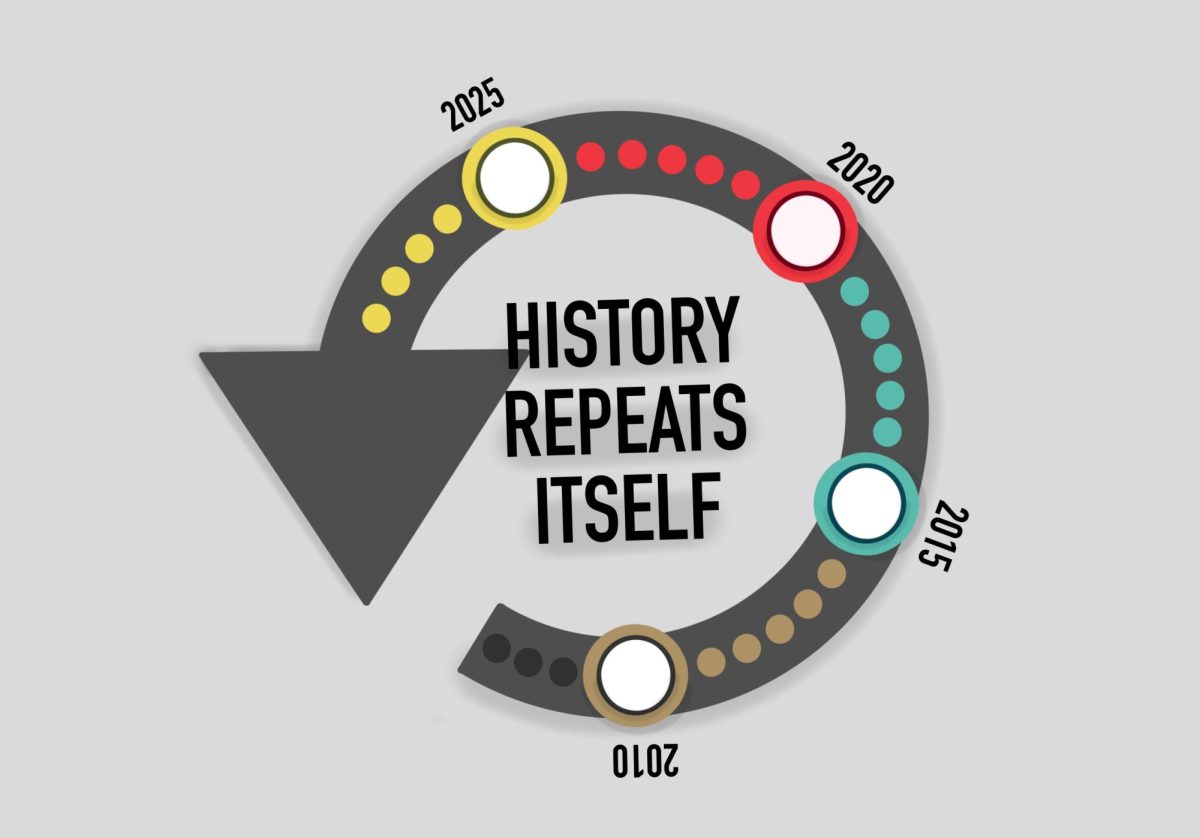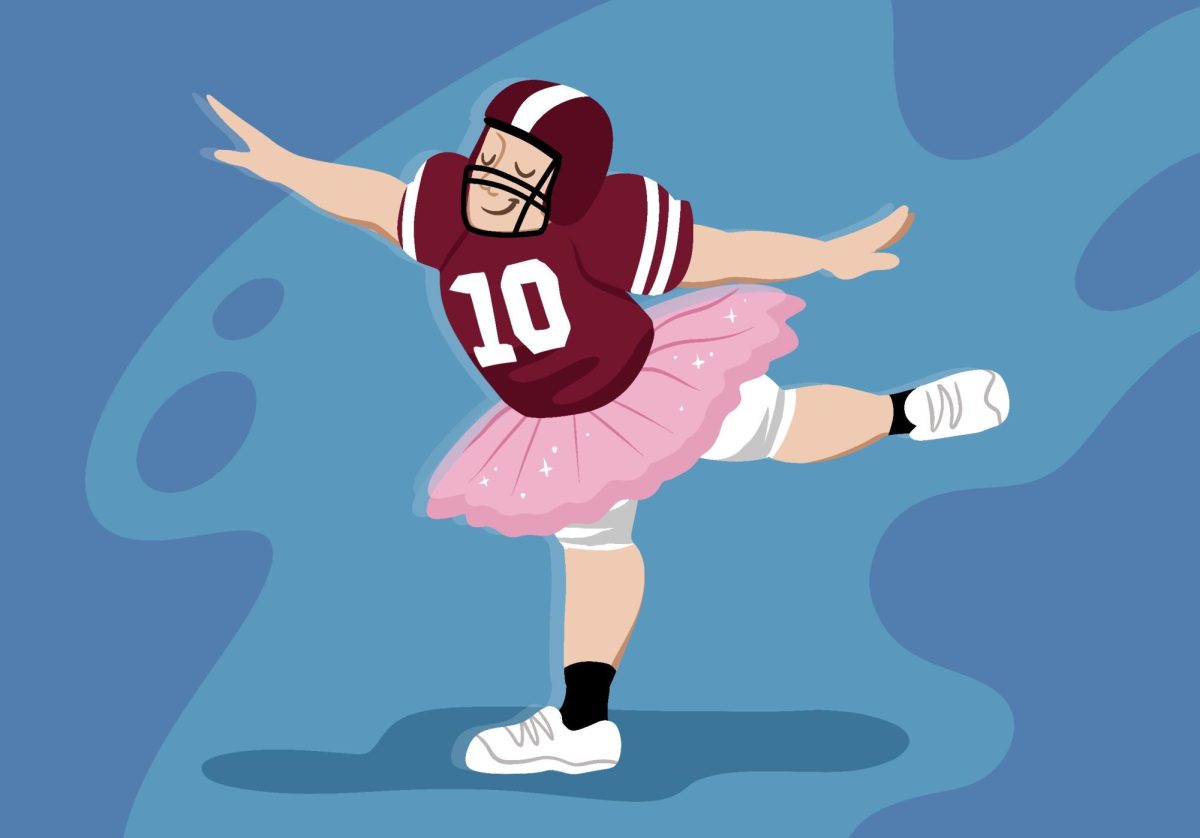There has been a shortage of officials in youth and high school sports across the nation, including in Minnesota, for the last several years. The United States lost about 50,000 officials from 2018 to 2022, according to the National Federation of High Schools.
Why do we face this shortage? What can we do to alleviate it? I had some ideas, but I reached out to John Millea, an advocate for officials who travels across the state to cover high school sports for the Minnesota State High School League, to discuss this issue more.
Sometimes my political columns get to be quite controversial, I’ll admit that. But, I hope the premise of this one is far less controversial: youth and high school sporting events can’t happen without officials. We need them in baseball to call balls and strikes and to decipher between out and safe. We need them in basketball to call fouls, traveling and more. I could go on, but I think you get the point — officials are crucial to the game, and their absence would be detrimental to youth sports.
“It’s a huge thing. It’s a national issue,” Millea said.
In my opinion, this all starts with how we treat officials. If fans, parents, coaches and players weren’t so quick to criticize officials for what they believe are bad calls, more officials would stick it out and continue to officiate.
“If we treat [officials] better and figure out how to pay them better, that would fix a lot of this,” Millea said.
I’ll say it again. Youth sporting events can’t happen if we don’t have people to officiate them. Millea said some high school football games have to happen on Thursdays or Saturdays because there just aren’t enough officials for them to all take place on Friday nights. On Twitter, Millea will also regularly point out to his 35,000 followers when games have to be canceled or moved because there aren’t any officials available for the game.
This isn’t a new issue, and the pandemic didn’t help. Many older officials stopped officiating when the pandemic began because of health concerns, Millea said.
Young officials have also encountered problems. Often, young officials face abuse their first couple of times officiating, and then they never officiate again, Millea said. We could retain young officials by being nicer to them, but how do we recruit them in the first place?
Some high schools, including Princeton, Luverne and Hutchinson offer introduction to officiating courses that allow teenagers to get their feet wet and potentially turn into lifelong officials. We need more schools to offer these courses, so we get young people interested and prepared to officiate.
Officiating isn’t all bad, either. I officiate youth soccer games and – other than a few bad experiences with coaches and parents – it has been great. Millea assured me that many long-time officials hold the same opinion.
“This is what these longtime officials tell me; they love these sports. This is a way to stay connected. They want the kids to have all of these opportunities. It’s a good little second income,” Millea said.
But, longtime officials aren’t just in it to stay connected to their favorite sports or collect a second income, Millea said.
“It’s the friends they make. It’s the relationships they make,” he said.
We all need to be nicer to officials. I also hope some of you consider becoming officials yourself. Learn more about officiating for the MSHSL.














